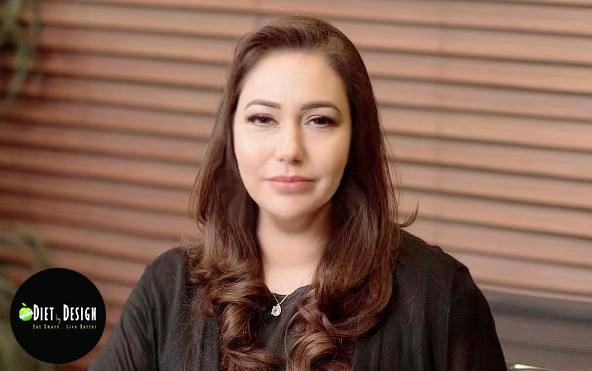What is Keto Diet and how it works?
“Ketogenic” is a term used for a low-carb diet. The idea is for you to get more calories from protein and fat and less from carbohydrates. You cut back on the carbs that are easy to digest, like sugar, soda, pastries and wheat bread. When you eat less than 50 grams of carbs a day, your body slowly runs out of quick fuel (blood sugar). This typically takes 3 to 4 days. Then you will start to break down protein and fat for energy, which makes you lose weight. This is called ketosis.

Benefits of Keto
People use a ketogenic diet most often to lose weight, but it can help manage certain medical conditions, like epilepsy, too. It also may help people with heart disease, certain brain diseases, and even acne. Talk with your doctor and nutritionist to find out if it’s safe for you to try a ketogenic diet, especially if you have type 1 diabetes.
Weight loss
A ketogenic diet may help you lose more weight in the first 3 to 6 months than some other diets. This may be because it takes more calories to change fat into energy than it does to change carbs into energy. It’s also possible that a high-fat, high-protein diet satisfies you more, so you eat less.
Heart Conditions
It seems strange that a diet that calls for more fat can raise “good” cholesterol and lower “bad” cholesterol, but ketogenic diets are linked to just that. It may be because the lower levels of insulin that result from these diets can stop your body from making more cholesterol. That means you are less likely to have high blood pressure, hardened arteries, heart failure, and other heart conditions.
Having said that, for heart patients it’s critical to consult a healthcare professional before beginning any kind of high fat diet. It can do more harm than good, if not followed correctly.
Acne
Carbohydrates have been linked to this skin condition, so cutting down on them may help. The drop in insulin a ketogenic diet can trigger may also help stop acne breakouts. Insulin can cause your body to make other hormones that bring on outbreaks.
Diabetes
Low-carb diets seem to help keep your blood sugar lower but when your body burns fat for energy, it makes compounds called ketones. If you have diabetes, particularly type 1, too many ketones in your blood can make you sick. So, it is very important to work with your doctor and nutritionist on any changes in your diet.
Epilepsy
Ketogenic diets have helped control seizures caused by this condition since the 1920s. But again, it’s important to work with your doctor to figure out what is right for you,
Other Nervous System Disorders
These affect your brain and spine, as well as the nerves that link them together. Keto diet can help these including Alzheimer’s disease, Parkinson’s disease and sleep disorders. It may be that the ketones your body makes help protect your brain cells from damage.
Polycystic Ovarian Syndrome
This is when a woman’s ovaries get larger than they should be and small fluid-filled sacs form around the eggs. High levels of insulin can cause it. Ketogenic diet which lowers both the amount of insulin you make and the amount you need, may help treat it, along with other lifestyle changes, like exercise and weight loss.

Dangers of Keto
Keto Flu: Initially, when you begin doing this diet, you may experience flu-like symptoms such as fatigue, aches, cramps, diarrhea or constipation and lethargy. This is a side effect of electrolyte loss in your body.
Bad Breath: It is a common condition in those doing keto. You will have stinky breath which is a result of taking in too much fat and your body’s balance of nutrients goes out.
Kidney stones: When your body burns its stores of fat, it can be hard on your kidneys. Over longer periods of time, Keto has been known to cause high cholesterol and kidney stones.
Weakened Immune System: A study conducted over a period of 10 years revealed that Keto resulted in a weakened immune system, causing many chronic diseases and even some neurological problems.
Vitamin and mineral deficiencies: Research has proven that you will need to take multivitamin supplements to get minerals, calcium and vitamin D, which get depleted from your body as they are mostly in plant-based foods. This may lead to problems like heart failure.
Talk to your nutritionist
Starting a ketogenic diet, or going back to a normal diet afterward, can be tricky if you are obese and because of other health issues you may have, like diabetes, a heart condition, or high blood pressure. If you have any of these conditions, make dietary changes slowly and only with the guidance of your nutritionist.

Sadia Salman is a certified nutritionist from Tufts University, USA and the CEO of Diet by Design(Int’l). She has over seven years of experience in treating patients with various health issues through food both in Pakistan and in Canada. Most of her work is on managing diseases like hypertension, cholesterol, diabetes etc through weight management. She believes in building a healthy community by educating the masses in any capacity that she can.

